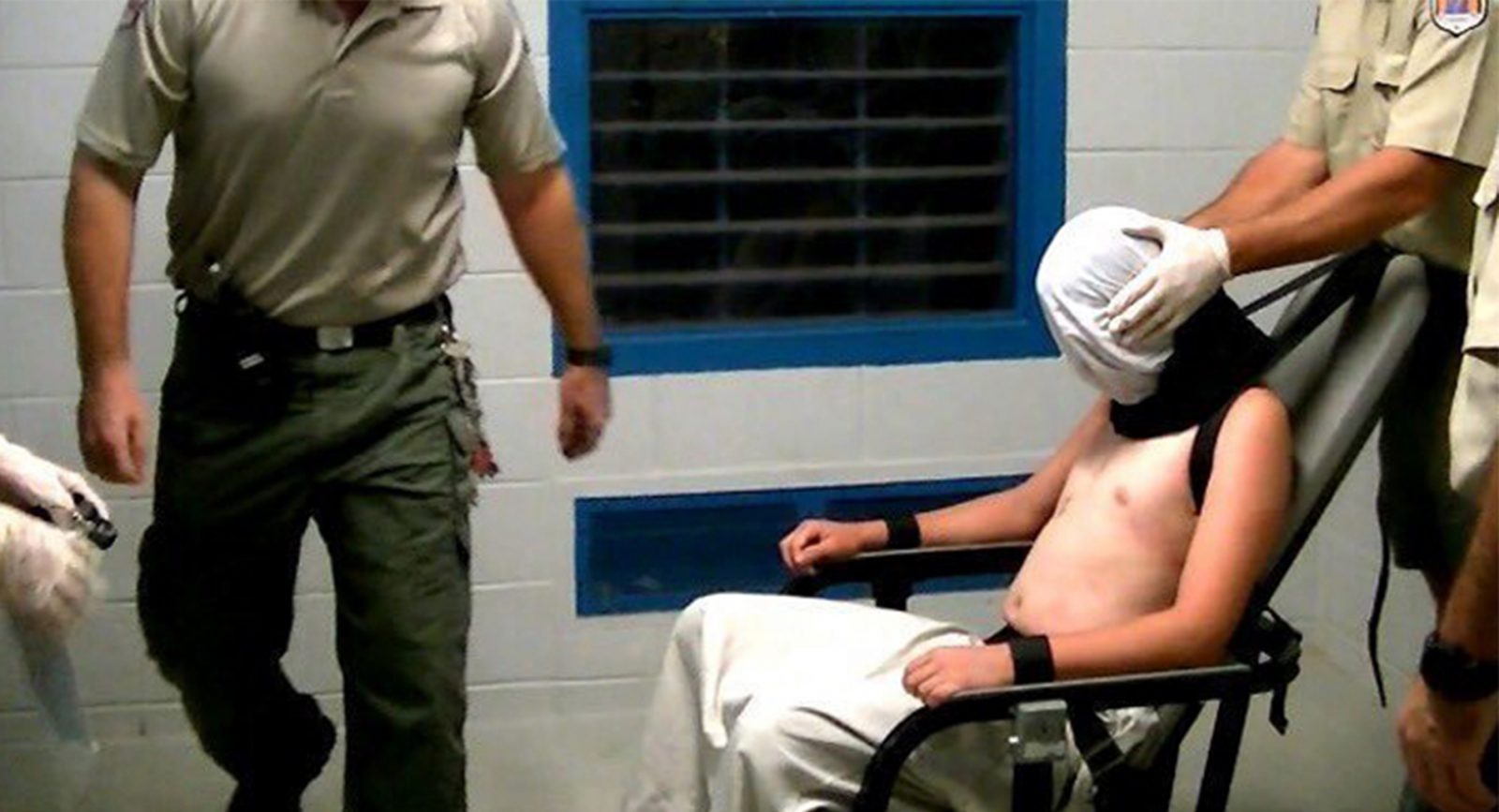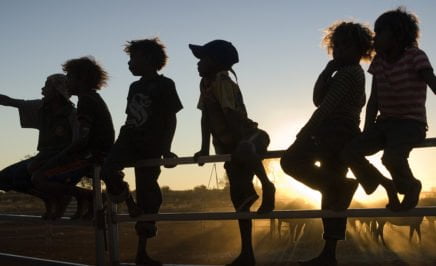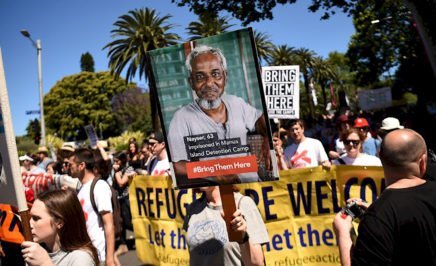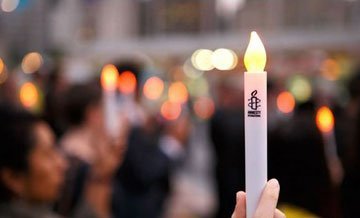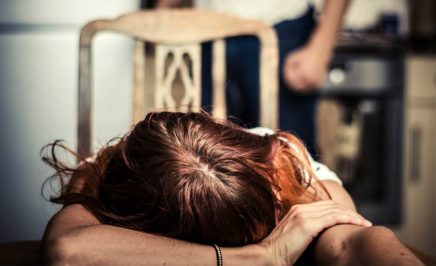Chilling footage showing detained Indigenous children being tear gassed and a child being hooded and strapped to a restraint chair in Australia’s Northern Territory must serve as a wakeup call for the government on the need to urgently change its policies on juvenile detention.
The organization is calling on Australia’s authorities to immediately ratify the UN Optional Protocol to the Convention against Torture (OPCAT) as a way of ensuring that detention facilities are thoroughly and independently monitored.
“Hooding and the use of restraint chairs are notorious tactics that recall the horrors of Guantanamo Bay – they constitute a shocking violation of both the UN Convention on the Rights of the Child and the Convention against Torture. We are calling for an immediate prohibition on the use of restraint chairs and hooding for law enforcement and in the prison system, as part of a complete overhaul of Australia’s juvenile detention system,” said Champa Patel, Amnesty International’s Senior Research Adviser for South East Asia and the Pacific
“The image of a distressed child being forcibly stripped by three men, and the sound of guards laughing while children choke on teargas, should be ingrained on the minds of Australia’s leaders, who for years have ignored calls for better protection of children’s human rights in detention facilities in Northern Territory and across the country.”
“The image of a distressed child being forcibly stripped by three men […] should be ingrained on the minds of Australia’s leaders, who for years have ignored calls for better protection of children’s human rights in detention facilities in Northern Territory and across the country.”
Champa Patel, Amnesty international
On Monday 26 July ABC’s Four Corners Program screened footage of the Don Dale Youth Detention Centre in Darwin, Northern Territory which showed prison officials abusing detained teenage boys from 2010 to 2015.
In a series of chilling scenes, the boys were shown being knocked to the floor and verbally abused, or forcibly stripped and then left naked and alone in locked rooms. Some were kept locked in their cells for almost 24 hours a day with no running water, little natural light, and were denied access to school and educational material.
A number of human rights bodies have determined that the practice of hooding, most notably used at Guantanamo Bay and in the Abu Ghraib prison camp, constitutes a form of torture and other cruel, inhuman and degrading treatment.
There is no evidence that the use of restraint chairs is more effective as a means of law enforcement than safer alternatives.
There is no evidence that the use of restraint chairs is more effective as a means of law enforcement than safer alternatives.
The film also shows prison officials misusing tear gas by pumping it into a confined isolation unit where five boys were locked in their cells with limited ventilation and no exit, increasing the risk of physical injury, suffocation and even death.
Amnesty International Australia has repeatedly raised concerns about tear gassing and other abuses in Northern Territory youth detention centres, and in the past five years has also responded to similar serious allegations in two other states.
Amnesty International, along with others, has for years been calling on Australia to ensure that youth detention centres are being independently inspected by ratifying the UN Optional Protocol to the Convention against Torture (OPCAT). Australia is currently a signatory to OPCAT, but has not yet ratified it. Ratification would mean the establishment of a National Preventative Mechanism (NPM), an independent national body which would have unlimited access to all places of detention.
“Only after it ratifies OPCAT can the Australian Government, and all states and territories in its jurisdiction, be held to account for the mistreatment of people in detention facilities. This alarming new footage proves that Australia cannot delay any longer – children are suffering horrendous abuse,” said Champa Patel.
“This alarming new footage proves that Australia cannot delay any longer – children are suffering horrendous abuse.”
champa patel, amnesty international
The ABC footage has also highlighted, once again, the shameful rate of Indigenous incarceration in Australia. In 2013–2014, Indigenous young people were 26 times more likely to be in detention than non-Indigenous young people. Aboriginal and Torres Strait Islander young people make up just over five per cent of the Australian population of 10 to 17-year-olds, but more than half (59 per cent) of those in detention.
In a report released last year, Amnesty International Australia stressed that the situation is particularly bad in Western Australia, Queensland and the Northern Territory and highlighted the urgent need for change throughout Australia.
“It is no coincidence that the boys seen in this footage are Indigenous – the UN Convention on Torture acknowledges that discrimination paves the way for torture and ill-treatment. By failing to tackle entrenched racism against Indigenous people and huge inequalities in health, education and housing, the Australian government has allowed this culture of abuse to flourish,” said Champa Patel.
“By failing to tackle entrenched racism against Indigenous people and huge inequalities in health, education and housing, the Australian government has allowed this culture of abuse to flourish.”
champa patel, amnesty international
Background
In 2012 the Committee on the Rights of the Child (CRC) said that Australia’s juvenile justice system required substantial reform before it would meet international standards, noting, for example, that children in Australia are held criminally responsible from the age of 10, two years younger than the CRC’s internationally acceptable minimum.
